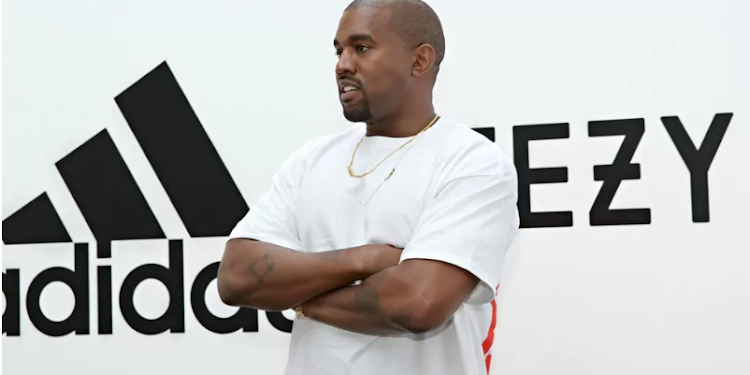Adidas has issued a warning over the potential negative effects on its bottom line of terminating its collaboration with musician and fashion designer Kanye West in November.
The company could lose hundreds of millions of dollars this year if its stock of Yeezy sneakers is not sold, according to the new leader of the company.
Ye West, who works for the sportswear firm, was fired after he made anti-Semitic remarks on social media.
The corporation has issued a profit warning four times since July with this news.
“The data speaks for itself. Right now, we’re not performing as well as we could, “Bjrn Gulden, the chief executive of the company, made a statement.
Adidas stated that it was still deciding whether to trash its remaining Yeezy stock and that doing so would cost the company €500 million ($536 million; £443 million) in lost revenues.
In addition, the corporation anticipates an overhaul of the business will cost an additional €200 million.
The corporation cautioned that this might result in an operating loss of up to €700 million this year.
In 2024, Adidas is anticipated to earn a profit, it added.
The business also disclosed that its operational profit for the previous year was €669 million, or two thirds less than in 2021.
Following the news, Adidas’ shares that are traded on the US market dropped by close to 9%.
After West sparked a backlash with his anti-Semitic remarks, the business announced in October that it was ending the extremely lucrative agreement with him.
Adidas experienced other difficulties over the past year in addition to the decision to stop its collaboration with Yeezy, which had a significant negative effect on the company.
After his predecessor was fired as a result of a string of profit warnings, Mr. Gulden transferred from rival Puma to Adidas at the beginning of this year.
In March, the company announced that it would close its shops in Russia and suspend its online store there as it joined a raft of global brands that pulled out of the country in the wake of the invasion of Ukraine.
The firm’s business in China was also impacted by Beijing’s strict zero Covid measures that saw major cities across the country put into lockdown.




